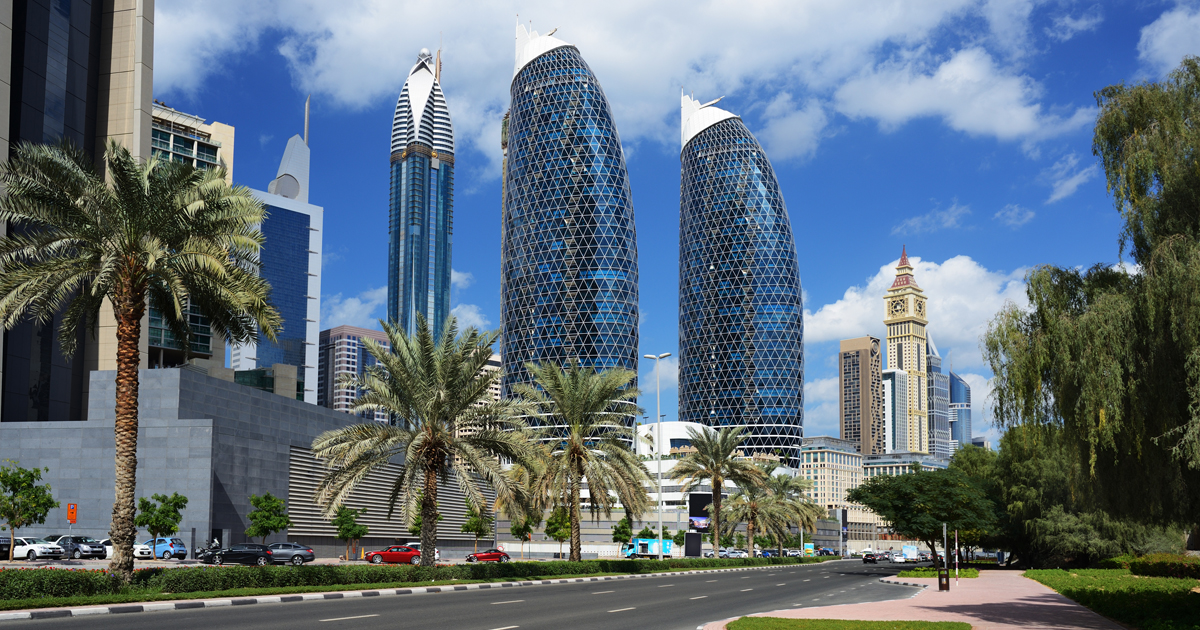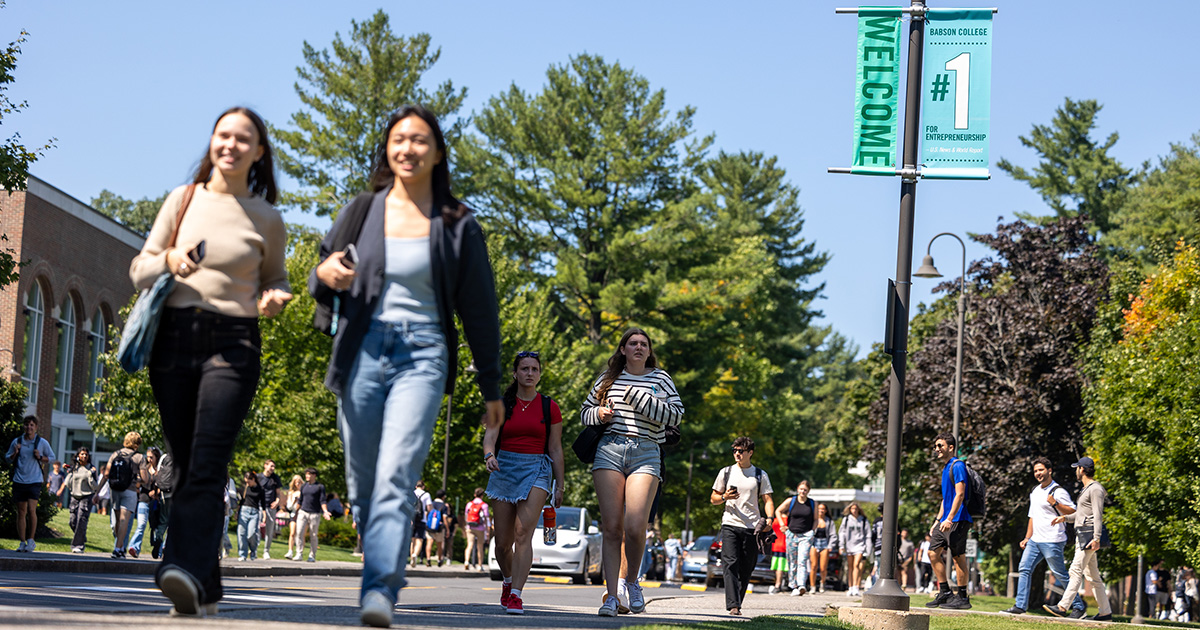Vision 2021: Entrepreneurship and Innovation in the UAE

In 2010, H.H. Sheikh Mohammed bin Rashid Al Maktoum, vice president and prime minister of the United Arab Emirates and ruler of the Emirate of Dubai, set ambitious goals for the UAE.
Known as Vision 2021, the plan aims to make the UAE among the best countries in the world by 2021, when the union celebrates its golden jubilee.
What does it take to advance an already prosperous nation? For H.H. Sheikh Mohammed, the way forward is one that tackles the region’s challenges head on, and moves beyond relying on what has worked in the past.
“We must work harder, be more innovative, more organized, and more vigilant in examining the trends and challenges that will face us,” he said in a statement on vision2021.ae. “We are determined to respond proactively to all challenges in a way that will bequeath to the future generations a legacy worthy of the pioneers who founded our great nation, a legacy defined by prosperity, security, stability, and a life filled with dignity and respect.”
Vision 2021 and Entrepreneurship in the UAE
To translate Vision 2021 into reality, its pillars have been mapped into six national priorities, which represent the key focus sectors of government action in the coming years. Among these priorities: economic development. More specifically, the aim to increase entrepreneurship and intrapreneurship in the region, ensuring the UAE will be a global economic player long after the region’s oil runs out.
Dubai, the largest and most populous city in the UAE, has long relied on proximity to the region’s oil. When the price of oil dips, the Dubai economy suffers. It’s one of many problems the startup economy proponent of Vision 2021 aims to turn into opportunities.
“The whole vision is to essentially transition away from one or two massive industries,” Zaen Hamid, head of operations for the Dubai-based incubator AstroLabs, told Fast Company.
A focus area of this entrepreneurial spirit: small- and medium-sized businesses, already a force in the UAE economy. In Dubai, SMEs make up 47 percent of the emirate’s GDP and more than half of its workforce, and they continue to steadily create jobs and add value to the economy.
The UAE will measure the success of this economic pillar with key performance indicators, including the UAE’s rank on the global entrepreneurial spirit index, non-oil real GDP growth, and SME contribution to non-oil GDP.
Answering the Call
Inspiring innovation and entrepreneurship requires more than just a focus on SMEs. Long-term success requires a focus on future generations. That’s why Vision 2021 calls for an entrepreneurial culture in schools and universities.
In 2018, Babson College expanded to Dubai, bringing its globally renowned entrepreneurship education to the UAE. Babson will offer executive education programs for working professionals across the region.
As Dubai continues to develop as a premier international economic center, and the UAE continues to implement Vision 2021 goals, Babson’s programs will equip entrepreneurs of all kinds in the region with the tools needed to fuel future innovation.
As the Dubai business environment, the UAE, and the surrounding region continue to experience rapid development, local business leaders and educators will benefit from the entrepreneurial mindset. In Global Symposia for Entrepreneurship Educators, the first Babson Executive Education program launching in February 2019, academics at a college or university who teach or have a desire to teach entrepreneurship will develop a toolkit and learn the playbook and best practices for teaching entrepreneurship to others, including Babson’s methodology, Entrepreneurial Thought & Action®.
Entrepreneurship and innovation will continue to play a role in the Vision 2021 plan to make the UAE thrive. As the region’s golden jubilee (and the 2021 deadline) near, programs like Babson’s answer the call to inspire the citizens to become active members of a knowledge-based, highly productive, and competitive economy driven by entrepreneurs.
Posted in Community



